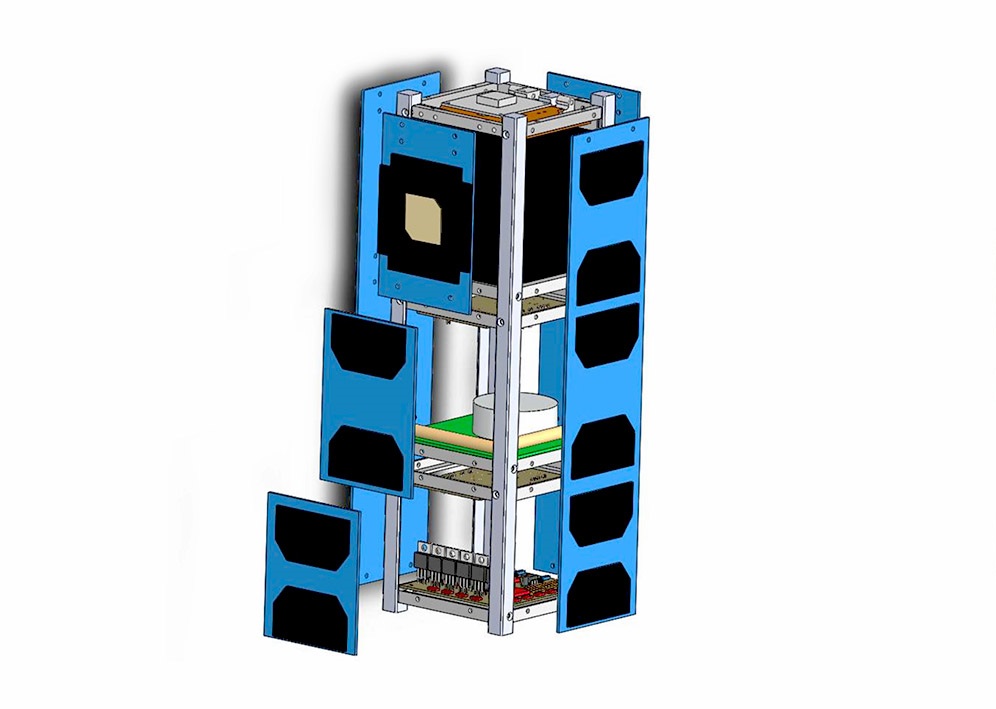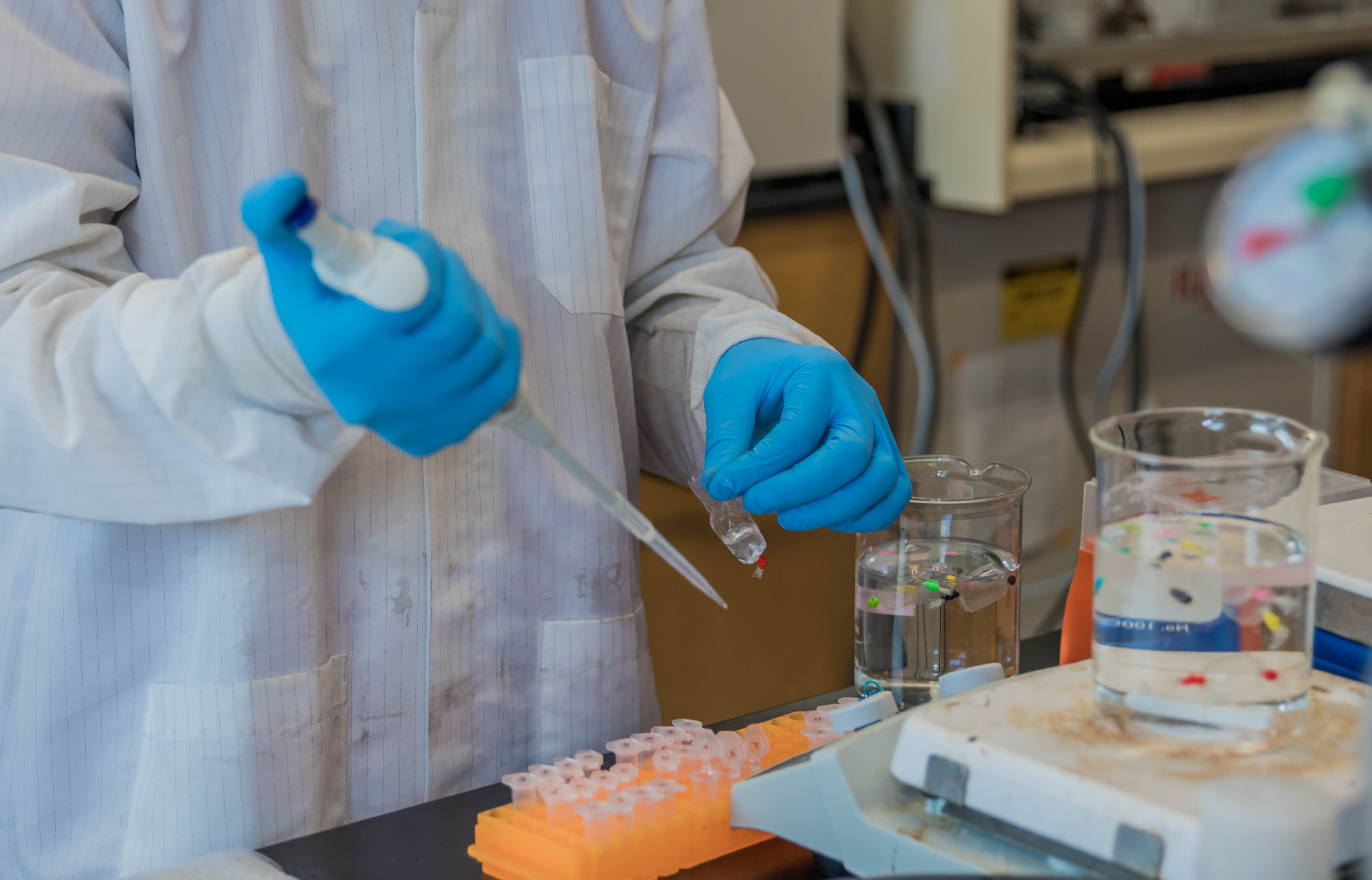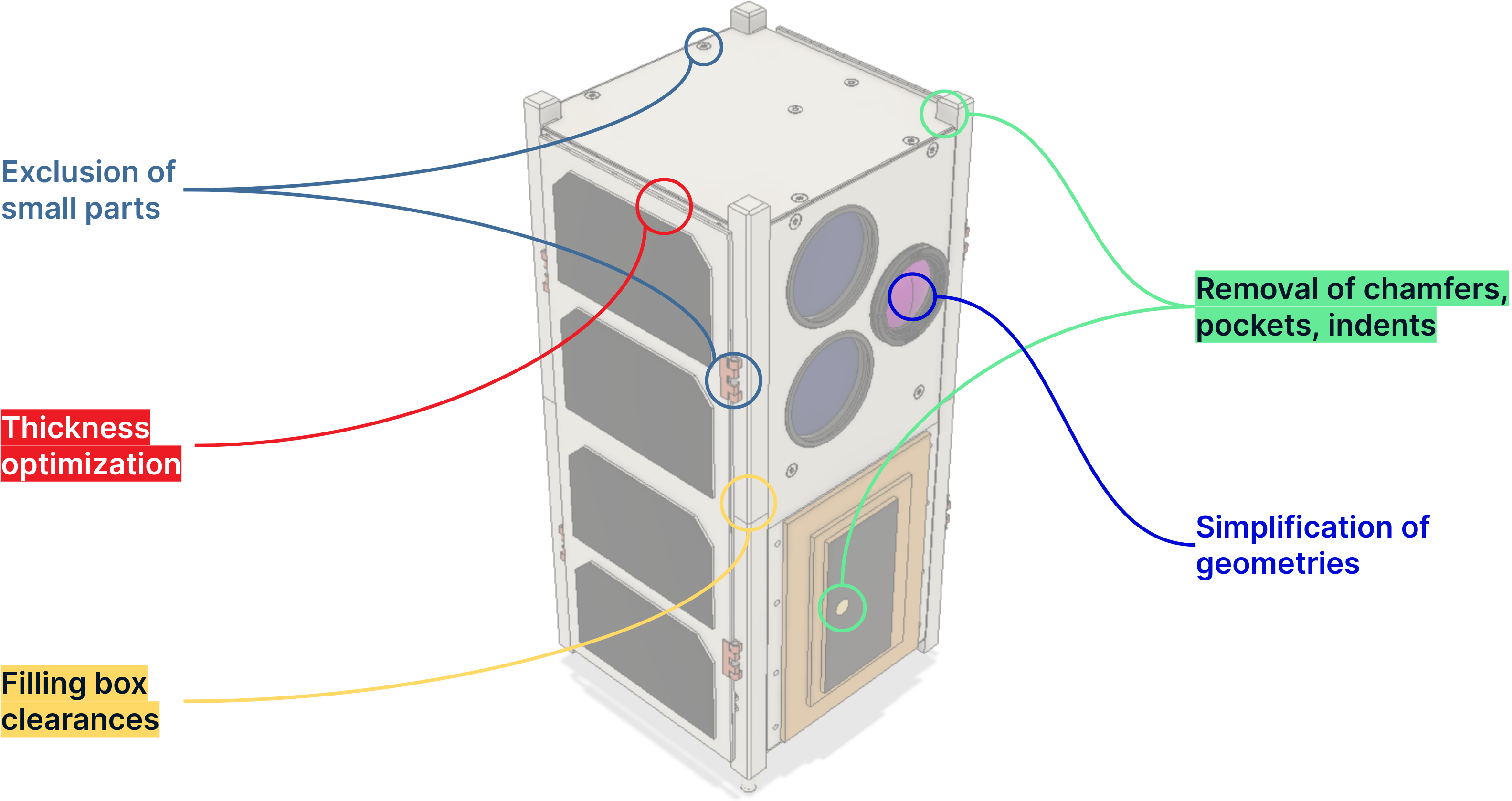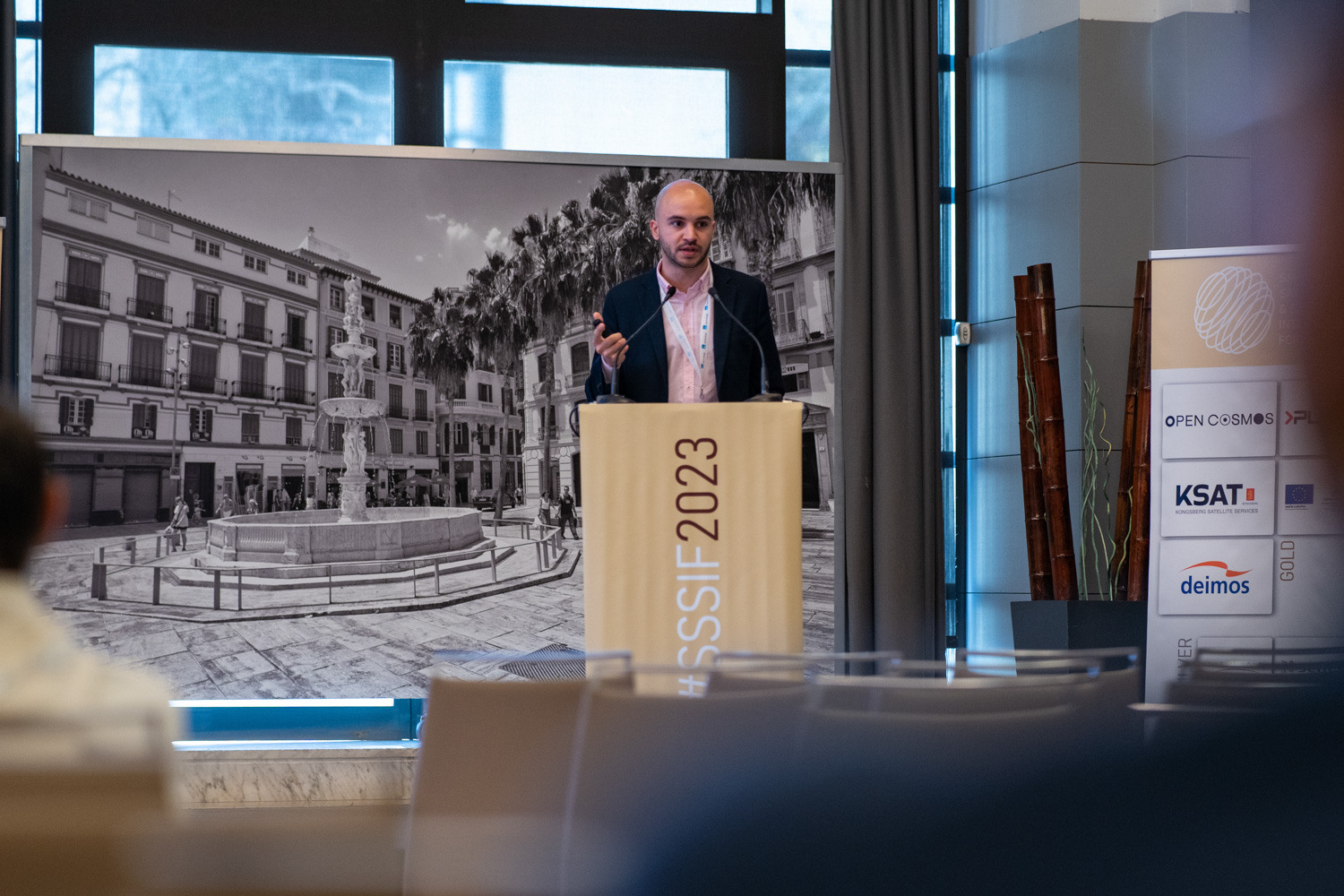Radian starts the third case study with the AcubeSAT mission, devoted to study the effects of microgravity on eukaryotic cells, to shed light on how human cells will behave.
The Aristotle Space & Aeronautics Team (ASAT) is the first Aerospace student team in the Aristotle University of Thessaloniki, founded in 2015.
Radian will give thermal analysis support to the CubeSat project within the student association: AcubeSAT.
CubeSat is one of the three technical projects of ASAT which was created back in 2016 to introduce the space technology to students (in a university without aerospace studies) by studying and designing a nanosatellite. Check out this cool video about the project!
Nowadays the CubeSat team consists of 29 members, and its goal is to design and build a 3U nanosatellite (with dimensions 30cm x 10cm x 10cm) with the ambition of being sent to the International Space Station as a secondary payload on a commercial launch, and to carry out experiments in Low Earth Orbit.
AcubeSAT mission is to study the effect of microgravity and radiation upon microorganisms (eukaryotic cells), with a mission duration estimated for 8 months.
Many of the team’s members have attended different ESA trainings and workshops on various topics: satellite design, concurrent engineering, space systems engineering, remote sensing and so on.

The team has already completed PDR and is currently working towards CDR, as they are planning to participate in the ESA program Fly Your Satellite! (FYS).
As expected, the science unit, i.e. the CubeSat payload, is a very critical component from the thermal point of view. The temperature of this unit must be carefully monitored and controlled for the whole duration of the mission in order for it to be successful and thus the thermal design is a very important development activity in which Radian will provide its services.





